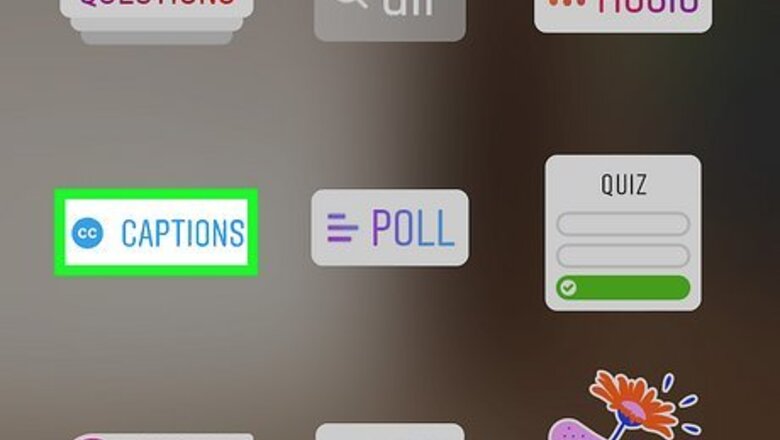
views
Use the caption sticker to add captions to stories or reels.
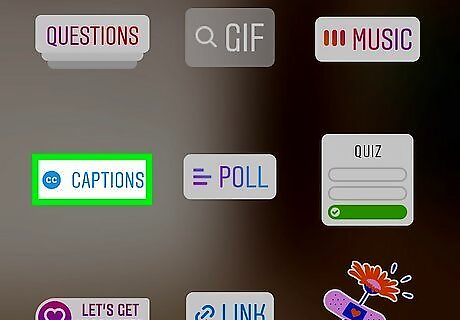
This new Instagram feature adds automatic subtitles. To use the caption sticker, tap the + button at the top of the Instagram app, then select Story or Reel. Use your camera to capture a new video, or upload one from your phone or tablet. Once you’ve uploaded or recorded your video, tap the sticker button at the top of the screen and select the Captions sticker to automatically transcribe your audio into captions. If you’re creating a reel, you’ll need to hit the Preview button at the bottom of the screen before you can add captions. You have the option to edit the captions if you’re not happy with them. Select the caption style you like best from the options at the bottom of the screen. You can also change the text color, or add a background color behind the text, with the buttons at the top. If anything is transcribed incorrectly, you can edit individual words in the captions. Double tap the caption, then tap the word you’d like to edit.
Add auto-generated captions to videos using advanced settings.
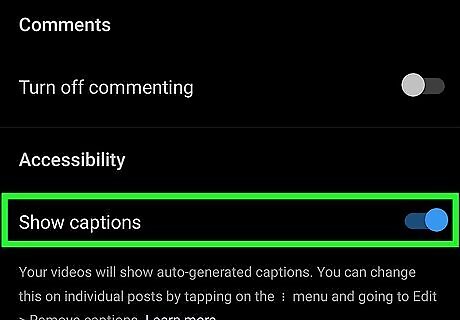
This feature adds simple captions to video posts. To share a video post with captions, tap the + icon at the top of the Instagram app, then select Post. Upload or capture a video, add any effects or filters you’d like, then tap Next. Scroll down and tap Advanced settings, then select Accessibility. Toggle Show Captions on, then hit the back button. Hit Share to share your video. You can also add captions to video posts that you’ve already shared. Tap the menu button at the top of the video, then select Manage Captions and toggle Captions on.
Try an automated captioning app.
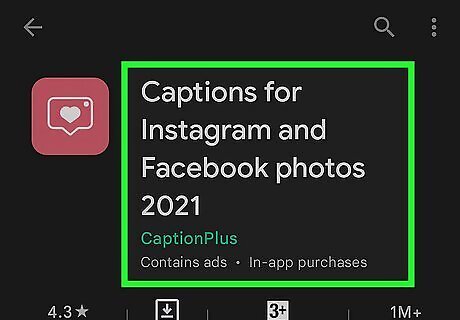
Do this if you’d rather add captions before uploading your video. There are a variety of apps available that can automatically transcribe audio and turn it into captions. Just like with Instagram’s built-in captioning options, these apps typically allow you to edit the captions in case of errors. They may also allow a wider range of customization options, such as a variety of fonts, colors, and caption styles. Some popular captioning apps include Clips, Subtitles: Captions for Video, MixCaptions, and Captio. Once you’ve added captions to your video using the app of your choice, upload the edited video to Instagram using the Post, Story, or Reels feature.
Add captions manually using video editing software.
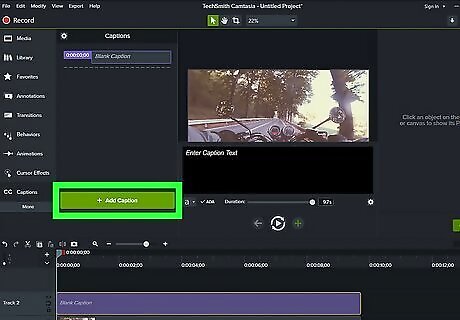
This method helps ensure that your captions are accurate. However, it’s also more complicated and time-consuming than other approaches. Open up a plain text editor such as Notepad or TextEdit. For each line of speech, or any other sounds you’d like to caption, write a sequence number, starting with 1. Under that number, write the time code for the line, marking the start and end times for when you’d like each caption to appear. Then, write the caption text. Insert a blank line after each caption. When you’re done, save the file with an .srt extension. The time codes are written in the format hours:minutes:seconds,milliseconds, with the start and end times connected by an arrow with two dashes (-->). For instance, your first line might look like this: 1 00:00:00,000 --> 00:00:05,002 This is my first line of dialogue. Once you’ve created your caption file, sync it to your video using a video editing app or program such as Camtasia, MovieCaptioner, or Adobe Premier. Follow the instructions in the app to import the file. If you’d rather not type out all the captions by hand, you can also use a free website such as Amara.org, Subtitle Horse, or DotSub.com to automatically generate an editable caption file. To use these services, you’ll need to upload the video somewhere first and provide a link.
Pay for a third-party captioning service.

These services offer highly accurate captions. If you’re going for a really polished, professional product, there are several websites that offer closed captioning for a low fee. They typically charge a small amount of money per minute of video, and some offer more advanced features such as translations, more detailed audio descriptions, and caption customization options. Some popular video captioning services include Rev, GoTranscript, and 3Play Media. You may have the option of getting your caption file separately or ordering a video with the captions already built in. Depending on how fast you want your captions—and how difficult the audio is to transcribe—you may need to pay some additional fees on top of the base charge per minute of video.
Include a descriptive caption when you upload your video.
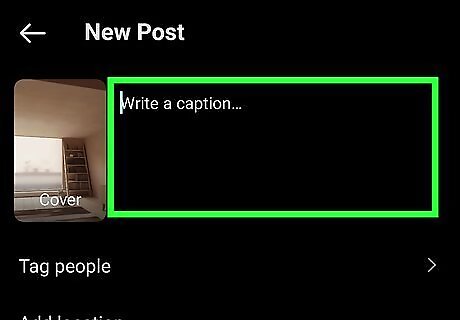
This is a good option for videos with no speech. If you’d prefer a simple caption that summarizes what’s happening in the video, you can easily do this during the initial posting process. Tap the + button at the top of the Instagram app, then select Post. Upload a video or capture one with your camera, then tap Next. Add any filters you like, then tap Next again. Finally, tap Write a caption and write any text you like. Tap OK, then Share. This method will display a caption under your video, but won’t add it to the video itself. You can also add, edit, or delete a caption after you’ve already posted it. Tap the menu button above the video, then select Edit. Make any changes you’d like to your caption, then tap Done.




















Comments
0 comment